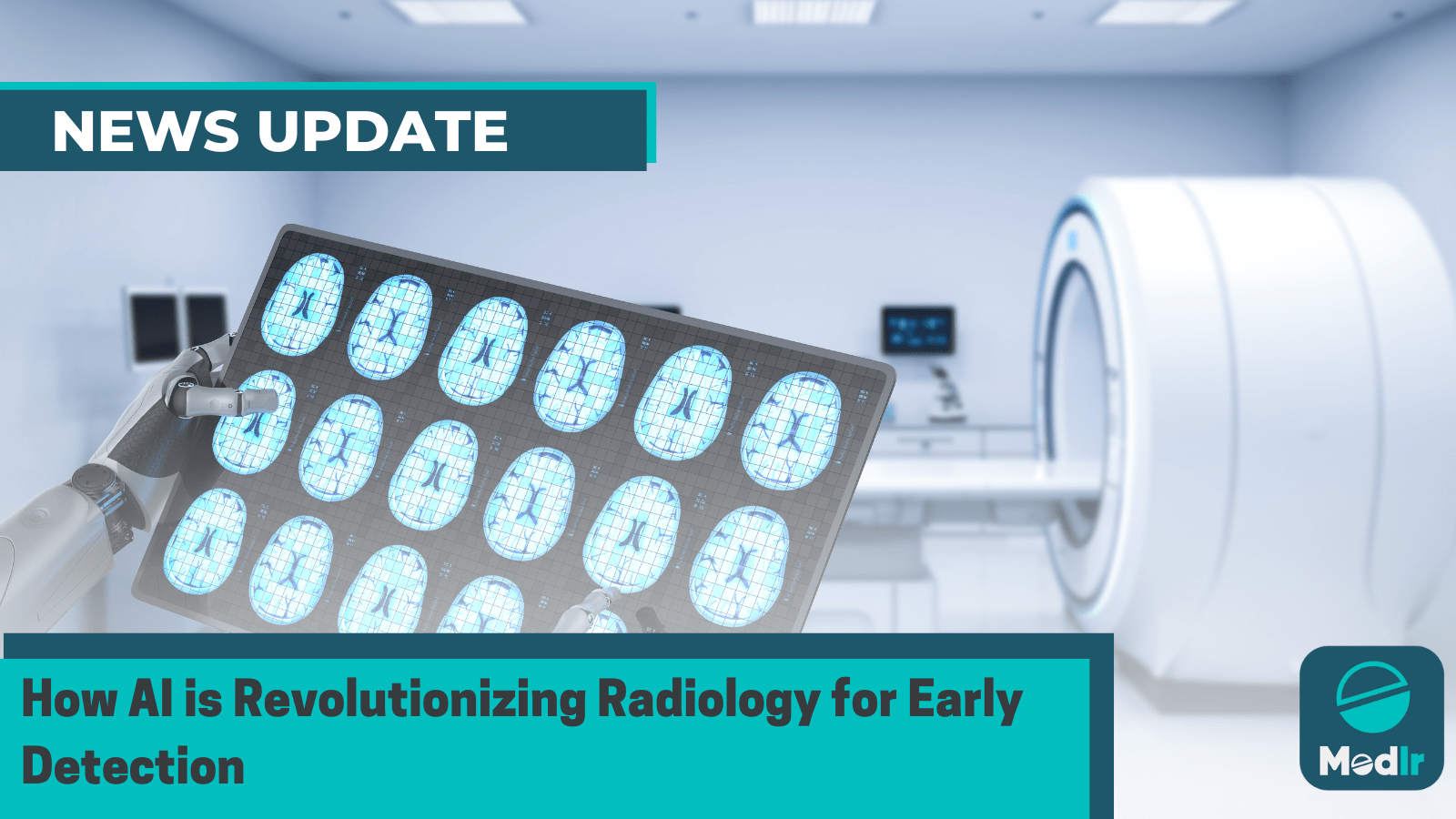How AI is Revolutionizing Radiology for Early Detection
Written by Jaskiran Walia
Cardiff University's groundbreaking AI system aids radiologists in early cancer detection, improving diagnostic accuracy by focusing on breast cancer signs in medical images.

Cardiff University researchers have developed an AI system to aid doctors in early cancer detection, focusing on breast cancer. The system aims to improve diagnostic accuracy and support radiologists in evaluating medical images for cancer signs.
According to Hantao Liu from Cardiff University, the system's primary objective is to support radiologists in their decision-making process when evaluating medical images for signs of cancer.
The potential application of AI in diagnosing cancers at an early stage is being hailed as "phenomenal" by the cancer charity Tenovus, highlighting the groundbreaking possibilities this technology offers in the fight against cancer.
Mr Liu said -
"We want to develop the systems radiologists can work with and trust."
Mr. Liu, a reader in computer science and informatics at Cardiff University, stated that his team collaborated with radiologists from NHS hospitals in Wales and England. During the collaboration, they recorded the eye movement of a radiologist while they were reading medical images.
The AI system trained on radiologist's gaze data, identifying specific regions on medical scans for radiologists to focus on when formulating diagnoses. This approach addresses NHS challenges by leveraging data science and AI for potential solutions.
"With all of the challenges facing the NHS, it is important that we look to data science and AI for possible solutions," Mr Liu said.
Judi Rhys, chief executive of cancer charity Tenovus acknowledged AI had "something of a bad name", but welcomed the research. She said -
"Its [AI's] potential use in diagnosing cancers early is phenomenal, It's not about replacing the radiologists but it is about making them able to be much more responsive."
She pointed out that the system could potentially accelerate people who are more likely to have cancer by identifying particularly worrying scans. She also emphasized that studies had demonstrated the remarkable accuracy of the technology.
Judi Rhys further added -
"The other thing about artificial intelligence is it doesn't actually need a break. It can get through a phenomenal number of scans and support the radiologists therefore to tackle the 'sticky' ones."
She highlighted the significance of examining the workforce, particularly considering the 30% shortage of radiology consultants across the UK.
Ms Rhys concluded, saying -
"But tools like this can really help them and support them in their work and that's got to be a good thing for patients."